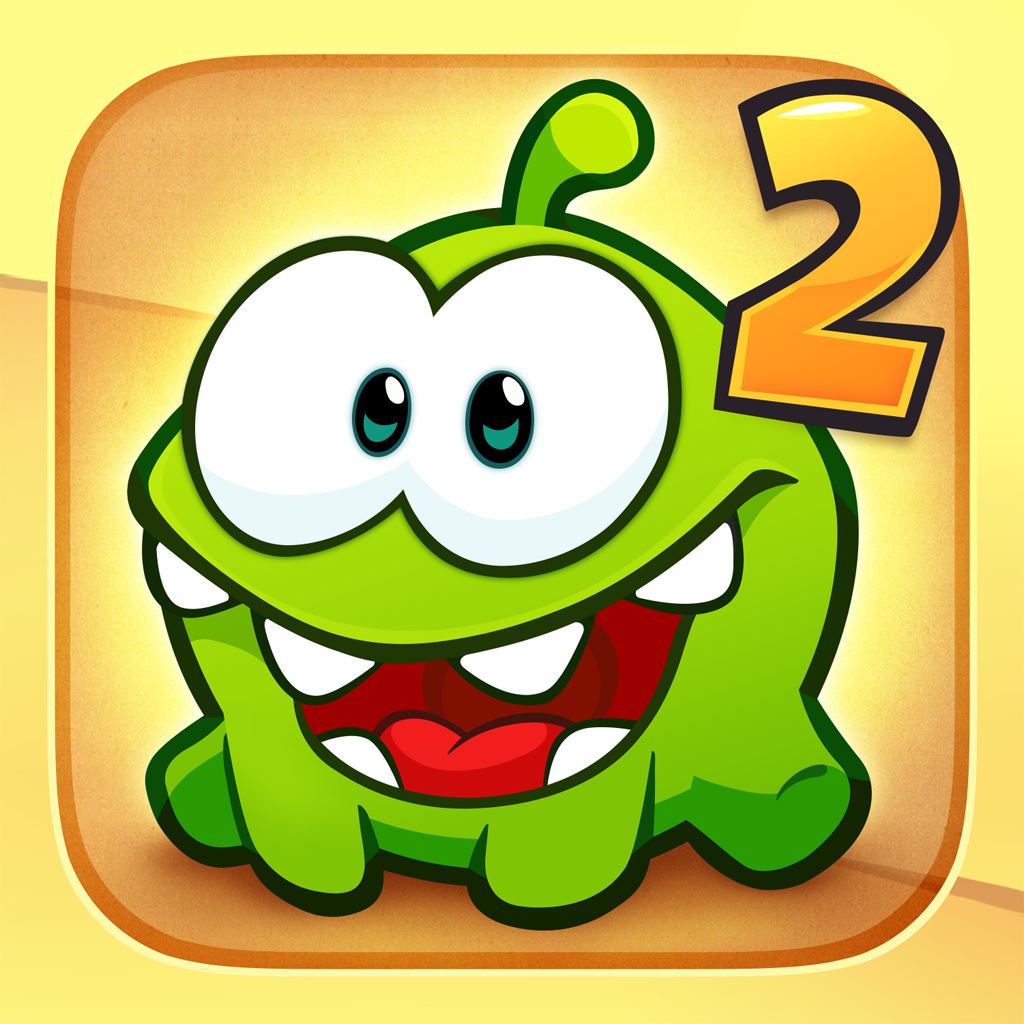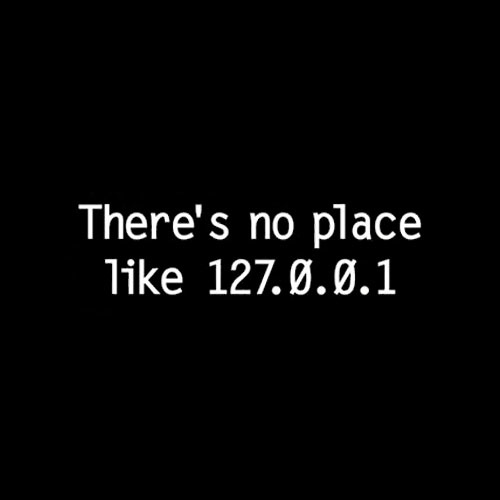TITLE: Cookies, Games, and Websites: A Summer Camp for Kids
AUTHOR: Eugene Wallingford
DATE: June 17, 2014 2:38 PM
DESC:
-----
BODY:
Today is the first day of
Cookies, Games, and Websites,
a four-day summer camp for middle-school students being offered
by our department. A colleague of mine developed the idea for
a workshop that would help kids of that age group understand
better what goes on when they play games on their phones and
tablets. I have been helping, as a sounding board for ideas
during the prep phase and now as a chaperone and helper during
the camp. A local high school student has been providing much
more substantial help, setting up hardware and software and
serving as a jack-of-all-trades.
The camp's hook is playing games. To judge from this diverse
group of fifteen students from the area, kids this age already
know very well how to download, install, and play games. Lots
of games. Lots and lots of games. If they had spent as much
time learning to program as they seem to have spent playing
games, they would be true masters of the internet.
The first-order lesson of the camp is privacy. Kids this age
play a lot of games, but they don't have a very good idea how
much network traffic a game like Cut the Rope 2 generates, or
how much traffic accessing Instagram generates. Many of their
apps and social websites allow them to exercise some control
over who sees what in their space, but they don't always know
what that means. More importantly, they don't realize how
important all this all is, because they don't know how much
traffic goes on under the hood when they use their mobiles
devices -- and even when they don't!
The second-order lesson of the camp, introduced as a means to an
end, is computing: the technology that makes communication on the
web possible, and some of the tools they can use to look at and
make sense of the network traffic. We can use some tools they
already know and love, such as Google maps, to visualize the
relevant data.
This is a great idea: helping young people understand better the
technology they use and why concepts like privacy matter to them
when they are using that technology. If the camp is successful,
they will be better-informed users of on-line technology, and
better prepared to protect their identities and privacy. The
camp should be a lot of fun, too, so perhaps one or two of them
will be interested diving deeper into computer science after the
camp is over.
This morning, the campers learned a little about IP addresses
and domain names, mostly through interactive exercises. This
afternoon, they are learning a little about watching traffic
on the net and then generating traffic by playing some of their
favorite games. Tomorrow, we'll look at all the traffic they
generated playing, as well as all the traffic generated while
their tablets were idle overnight.
We are only three-fourths of the way through Day 1, and I have
already learned my first lesson: I really don't want to teach
middle school. The Grinch
explains why
quite succinctly: noise, noise, NOISE! One thing seems
to be true of any room full of fifteen middle-school students:
several of them are talking at any given time. They are fun
people to be around, but they are wearing me out...
-----


